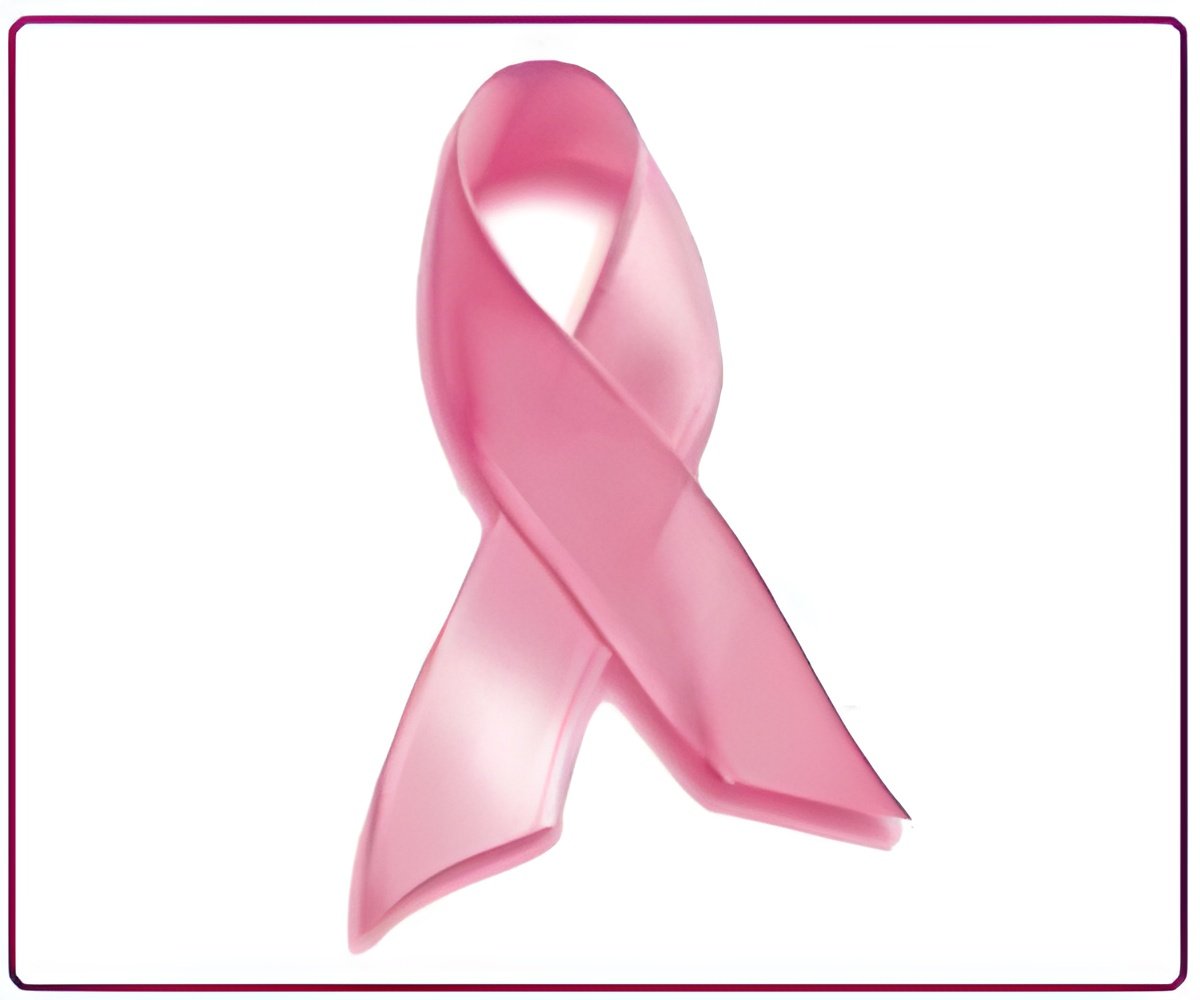
Overexpression of Erk occurs in many types of cancer, including ovarian and prostate cancer and Hodgkin lymphoma, so cellular control of its activity is important.
The findings point to a number of therapeutic possibilities, including measurement of Shc concentration levels as a diagnostic tool and of finding small molecule drugs that block growth-factor signaling to Shc, keeping it bound to Erk, Ladbury said.
When the appropriate growth factor receptor is stimulated Erk is activated in the MAP Kinase pathway. It dives into the cell nucleus and turns on a variety of genes, actions that contribute to cancer proliferation, blood vessel production and metastasis when signaling is out of control.
When receptor tyrosine kinases on the cell surface connect with growth factors, they normally send a signal via Shc that sets off a chain of actions leading to Erk activation. Ladbury and colleagues looked at Shc's connections to epidermal growth factor receptor (EGFR) signaling.
Ladbury and his colleagues tested their results in the C.Elegans, a worm model frequently employed in biological research. Both Shc and Erk are greatly similar between humans and the worms.
Advertisement
EGFR stimulation not only sets off the normal activation of Erk via Shc and the MAPK pathway, Ladbury said, but also frees Erk for greater availability for activation by breaking the tie to Shc.
Advertisement
Source-ANI















